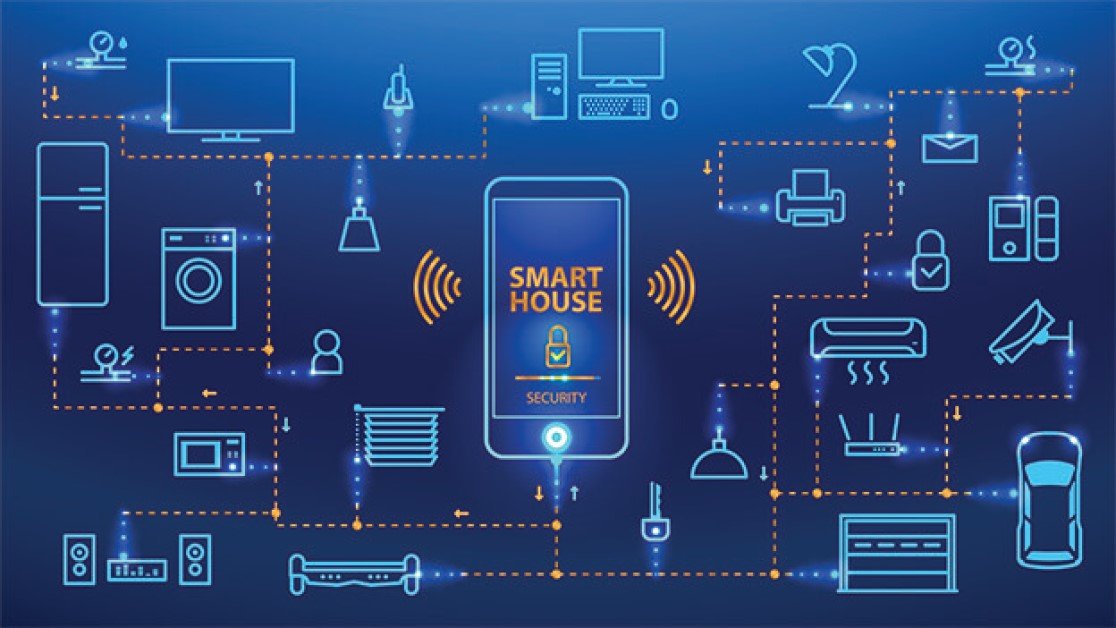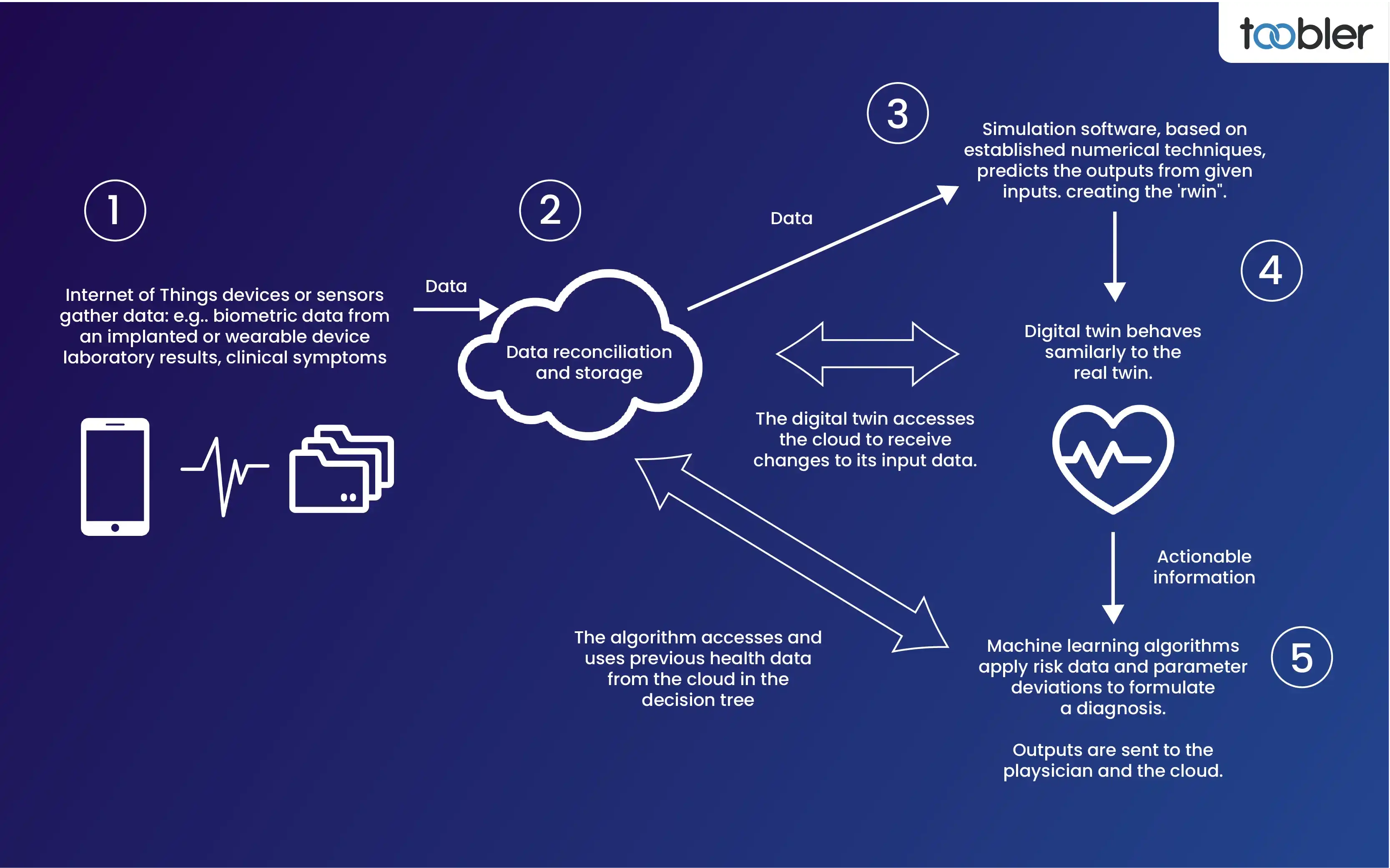Choosing Your First IoT Course: What Actually Matters
So, you want to learn about the Internet of Things. Maybe you've been hearing about smart homes, industrial automation, or connected devices everywhere you look, and you're thinking "I need to get in on this." Trust me, I've been there. About eighteen months ago, I was scrolling through course listings at midnight, completely overwhelmed by the sheer number of options. Some promised to make me an IoT expert in three weeks. Others looked so technical I wasn't sure I'd understand the first lesson.
Here's what nobody tells you upfront: choosing your first IoT course isn't really about finding the "best" one. It's about finding the right match for where you are right now and where you actually want to go. I learned this the hard way after signing up for a course that was way too advanced, dropping out after two weeks, and feeling pretty discouraged about the whole thing.
The IoT field in Canada is growing fast. From Vancouver tech startups to Toronto's manufacturing sector, from Montreal's AI integration projects to Calgary's energy sector innovations, there's real demand for people who understand how devices talk to each other. But the educational landscape? It's honestly a bit of a mess. Universities offer semester-long programs, online platforms have everything from weekend workshops to year-long certifications, and boot camps promise intensive training that'll change your career in months.
After eventually finding a course that worked for me, talking to dozens of other learners, and now working in the field, I've figured out what actually matters when you're choosing that first course. Spoiler alert: it's not always what the course descriptions emphasize.
Start With Your Actual Goals, Not Your Dream Job
Everyone wants to tell you to "think about your career goals," but that's too vague when you're just starting out. Instead, get specific about what you want to learn and why. Are you a software developer who wants to understand hardware better? A technician looking to move into programming? Someone completely new to tech who's fascinated by smart devices?
I made the mistake of choosing a course because it sounded impressive. "Advanced IoT Systems Architecture" looked great on paper, but I didn't even know what MQTT was yet. What helped me eventually was asking myself: what do I want to be able to build or understand in three months? For me, it was understanding how my office's building automation system worked. That simple question led me to a course focused on practical applications rather than theoretical frameworks.
Canadian learners have some unique advantages here. Many community colleges across provinces like Ontario, British Columbia, and Alberta offer practical, hands-on programs that connect directly to local industries. These aren't always as flashy as the big-name online platforms, but they often provide better regional networking opportunities and understand the specific needs of Canadian employers.
Questions to Ask Yourself Before Browsing Courses
- Time commitment: Can you realistically dedicate 10 hours a week, or are you looking at more like 3-4 hours?
- Learning style: Do you learn better by building things immediately, or do you like understanding theory first?
- Budget reality: What can you actually afford, including any hardware you might need?
- Technical background: Be honest about your current skills – no judgment, just reality
- End goal clarity: What would make you feel like the course was worth it?
The Hardware Question Everyone Forgets to Ask
Here's something that caught me completely off guard: many IoT courses require you to buy hardware. And I'm not talking about a textbook. We're talking microcontrollers, sensors, breadboards, jumper wires, and sometimes specialized equipment. Some courses include hardware kits in the price, others expect you to source everything yourself, and some offer simulator options but then you miss the hands-on experience.
When I took my first course, the "optional" hardware kit cost an additional $180 CAD. Except it wasn't really optional if I wanted to do any of the practical exercises. That was frustrating because the course itself was already $300. Now, that's not necessarily a dealbreaker – the hardware was mine to keep and I still use it – but I wish I'd known upfront.
For Canadian learners, shipping hardware can add extra costs and delays. Some courses partner with Canadian suppliers or have distribution centers in major cities, which makes a real difference. Others ship from the US or overseas, which means customs fees, longer wait times, and potential hassles if something arrives damaged.
Hardware Considerations to Investigate
- What's included: Does the course price include hardware, or is it extra?
- Alternatives available: Can you complete the course using simulation software if budget is tight?
- Reusability factor: Will the hardware be useful after the course ends?
- Shipping logistics: Where does hardware ship from and what are the realistic timelines?
- Support for issues: What happens if your kit arrives incomplete or broken?
Instructor Background Matters More Than You Think
Course descriptions love to talk about "industry experts" and "experienced instructors," but what does that actually mean? I've taken courses from professors with impressive academic credentials who couldn't explain concepts in plain language, and I've learned from practitioners with no formal teaching background who were absolutely brilliant at breaking things down.
What I've found matters most is whether the instructor understands the journey from beginner to competent. The best instructors I've had remember what it's like not to know something. They anticipate where you'll get confused. They explain the "why" behind concepts, not just the "how." And crucially, they're available when you're stuck.
For online courses, check if there's any way to interact with instructors. Is there a forum? Office hours? Do they actually respond to questions, or is it just teaching assistants? Some courses have active communities where the instructor regularly participates, and that makes a huge difference when you're stuck at 10pm trying to figure out why your sensor readings are nonsense.
In Canada, many courses are taught by professionals who work in the field and teach part-time. This can be fantastic because they bring current, real-world experience. The downside is sometimes their availability is limited. Ask about response times and support availability before committing.
Project-Based vs Theory-Based: Know What You're Getting
This was my biggest learning from course shopping: some courses are heavily theoretical, some are entirely project-based, and some try to balance both. None of these approaches is inherently better, but they suit different people and goals.
Theory-heavy courses spend time on concepts like network protocols, data structures, security principles, and system architecture. You'll understand the "why" deeply, but you might not build much. Project-based courses throw you into building things immediately – you'll create functional devices and applications, but might not fully understand the underlying principles at first.
I'm someone who needs to build things to understand them, so project-based learning works better for me. But my friend who has a computer science background preferred a more theoretical approach because she could then apply concepts to her specific interests. Neither of us was wrong; we just needed different things.
Signs You'd Prefer Project-Based Learning
- You learn best by doing and figuring things out hands-on
- You want to build a portfolio of completed projects
- You're comfortable with some trial and error
- You can research concepts independently when needed
- You want tangible results you can show potential employers
Signs You'd Prefer Theory-Based Learning
- You like understanding principles before applying them
- You have time to go deeper into concepts
- You're planning to specialize or pursue advanced studies
- You enjoy reading documentation and technical papers
- You want to design systems, not just implement them
The Community Factor Nobody Mentions
This completely surprised me, but the community around a course ended up being almost as valuable as the course content itself. When you're learning IoT, you will get stuck. Your code won't work. Your device won't connect. Your sensor will give bizarre readings for no apparent reason. Having other people to ask for help makes all the difference.
Some courses have active Slack channels or Discord servers where students help each other. Others have forums that are basically ghost towns. The best learning experiences I've had involved courses where there was a real community of learners at different levels, all helping each other figure things out.
For Canadian learners, time zones matter here. If most course participants are in India or Europe, the community might be asleep when you're working on assignments in the evening. Courses with significant North American enrollment tend to have more active communities during times that work for us.
Before enrolling, try to find evidence of community activity. Can you view the course forum as a guest? Is there a public Discord you can peek at? Are there student project showcases? An active community suggests the course is engaging enough that people stick around and help each other.
Certificates and Credentials: What's Actually Useful
Let's be real about certificates. Some are recognized by employers and add real value to your resume. Others are basically just proof you finished a course, which employers don't care much about. And some are actually misleading – they sound impressive but don't hold weight in the industry.
In the Canadian job market, employers generally care more about what you can actually do than what certificates you hold. A portfolio of projects demonstrating real skills often matters more than a fancy certificate from a big-name platform. That said, certain certifications are recognized and valued, particularly in industrial IoT and specific technology platforms.
What I've found more valuable than certificates is courses that help you build demonstrable skills and projects. Can you show a working IoT system you built? Can you explain how you solved a real problem? That impresses employers more than a PDF certificate.
If credentials matter for your goals, research whether the certificate is actually recognized. Ask in industry forums, check job postings to see if they mention specific certifications, and talk to people working in roles you're interested in. Don't assume a certificate is valuable just because the course is expensive or from a well-known platform.
Realistic Time Commitment and Course Length
Course descriptions often say things like "10 hours per week" or "complete in 3 months," but these numbers can be pretty misleading. They usually assume you have a solid technical background and don't get stuck on anything. The reality for most people is you'll need more time than advertised.
When I took my first successful IoT course, it claimed to be a 6-week program with 8 hours per week. In reality, I spent closer to 12-15 hours per week and took 8 weeks to complete it. I'm not slow – I just had to look up additional resources, debug issues, and occasionally redo sections I didn't understand the first time.
Consider your real schedule. If you work full-time, have family commitments, or other responsibilities, be honest about what you can sustain. It's better to choose a longer course you can complete comfortably than a fast-paced one you'll abandon halfway through because it's overwhelming.
Also consider the course structure. Self-paced courses offer flexibility but require discipline. Cohort-based courses with set deadlines provide structure and community but demand you keep up with the schedule. Neither is better inherently – it depends on how you work best.
Understanding the Real Cost Beyond the Price Tag
The course price is just part of the total cost. You need to factor in hardware (as mentioned earlier), but also your time investment, potential software licenses, internet bandwidth for video content, and opportunity cost.
I've seen free courses that ended up costing more than paid ones once I factored in everything. The free course didn't include hardware, required expensive software subscriptions, and lacked structure so it took me twice as long. Meanwhile, a $400 course that included everything ended up being the better value.
For Canadians, also consider currency conversion if you're buying from US-based platforms. That $299 USD course is actually over $400 CAD, and your credit card might add foreign transaction fees. Some platforms offer regional pricing or discounts for Canadian students, so it's worth asking.
Many Canadian institutions and some employers offer training subsidies or reimbursement. Check if you qualify for government skills training programs, employer professional development budgets, or student grants before paying out of pocket.
What I Wish I'd Known Before Starting
Looking back, here are the things I wish someone had told me before I started my IoT learning journey. These aren't deal-breakers, just realistic expectations that would have saved me some frustration.
First, IoT is genuinely multidisciplinary. You'll touch hardware, software, networking, and sometimes data analysis. You don't need to be expert at all of these, but you'll need basic competence in several areas. That's actually what makes it interesting, but it can feel overwhelming at first.
Second, things will break and not work for mysterious reasons. IoT involves physical devices, wireless connections, and multiple systems talking to each other. There are so many points of failure. The best courses teach you troubleshooting approaches, not just happy-path success scenarios.
Third, the field changes quickly. A course from three years ago might teach outdated platforms or approaches. Look for courses that focus on fundamental concepts and current technologies. Avoid courses that seem to be teaching yesterday's solutions.
Finally, you don't need to know everything before starting. I spent weeks feeling like I needed to understand networking better, or learn more programming, or study electronics first. Eventually I just started, and I learned those things as I needed them. Most good beginner courses assume you're coming in with gaps in knowledge.
Making Your Decision
Choosing your first IoT course doesn't have to be perfect. It just needs to be good enough to get you started and keep you engaged. The absolute best course in the world won't help if it's at the wrong level, requires time you don't have, or teaches in a way that doesn't work for you.
Start by being honest about your current situation – your skills, time, budget, and goals. Then look for courses that match those realities, not the idealized version of yourself who has unlimited time and motivation. Read reviews from actual students, not just the marketing materials. Try to preview the content if possible. And remember that your first course is just that – your first one. It doesn't have to be your only one.
The IoT field in Canada is growing and there are genuine opportunities for people with these skills. But you don't need the perfect course to get started. You just need one that's good enough to teach you the basics, keep you interested, and help you figure out where you want to go next. The rest you'll figure out along the way, just like the rest of us did.




